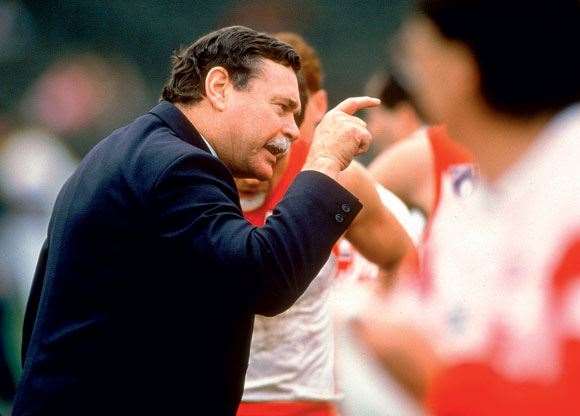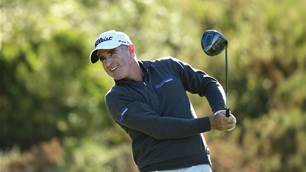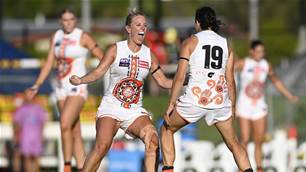Is there a more recognisable face in Australian sport than Ron Barassi’s?
Is there a more recognisable face in Australian sport than Ron Barassi’s? Was there ever a more fitting high priest for the hot gospel of Australian rules? When he was needed, along he came, curled lip, pumping fists, front and centre, leading the charge into the consciousness of non-believers. In fact, the famous 1970 grand final, that Barassi masterpiece, was the first live VFL telecast in New South Wales.
 Coach Barassi lays down the law to his Swans in 1993. Images: Getty Images
Coach Barassi lays down the law to his Swans in 1993. Images: Getty ImagesHas anyone ever been more synonymous with “winner”? The grand final experience is something he’s owned, as a coach and a player. He’s won ten of them in both guises, and participated in 17.What about force of will? He radically transformed three clubs, first as a player, then as a coach, and his fourth and fifth tries led to delayed-reaction success for Melbourne and Sydney. His image has dominated our media for six decades as he’s moved through his various phases: matinee idol footballer, curmudgeonly coach and elder statesman. A little wiser and gentler now, he transcends sport and embodies everything we aspire to be. Ron was never a respecter of natural ability ‒ after all, that’s just what you were given. Nothing to brag about. It’s how hard you work to get the rest of the way that matters, and that philosophy has marked his own career as a coach and player, and his relationships with others.
Barassi had a way of playing, coaching and doing just about anything else that made it seem like the world’s future depended on the outcome ‒ but he’s just as famous for his ability to get over it once the outcome is decided. Those of us who saw the CCTV vision of Ron getting a kicking outside a cafe because he had the guts, at 72, to stand up for a woman who’d been punched, still burn with wrath at the thought of it. Ron laughs it off, dismissing the perpetrators as mere cowards.
His new biography, Barassi, tells the story of a dauntingly driven man. But behind that image, so large, so energetic, so emblematic, one still suspects there’s a boy who lost a father he barely knew, and hasn’t got round to coming to terms with the fact that he misses him. He will, though. There’s always something new with Ron Barassi. He talks to Robert Drane.
A lot of people believe your life has been defined by your successes. What’s the most important attribute Ronald Dale Barassi has had that has led to that success?
Conviction? And to use an Aussie word, being fair dinkum about what I’m on about. You’re born with them. I was helped by a mother who was built along the same lines. My family were all solid citizens, so to speak. So I didn’t have any bad influences. By the time I was 16 or 17, by which time you’re moulded to a degree, according to the experts, Norm Smith was a fantastic guy to put in charge of me, when Mum went to live in Tasmania. He was the man she relied upon. My father was a good team-mate of Norm’s. There were very good links to the Melbourne football club. Very, very good people.
I’ve had reasonably good judgement. On the field, but also when you’re a coach and you have time to think it through. I made a few mistakes, but I’ve not known anyone who doesn’t. I’d like to meet the person. I think my enthusiasm, too. I have a saying I pinched from somebody: “Work is what you do when you don’t like what you’re doing.” I hardly ever worked. I made sure I liked what I was doing. If you love it, it’s far easier.
Related Articles

Video interview: Drinks With ... Matt Millar

Socceroo star's message to kids: Don't be an AFL player













